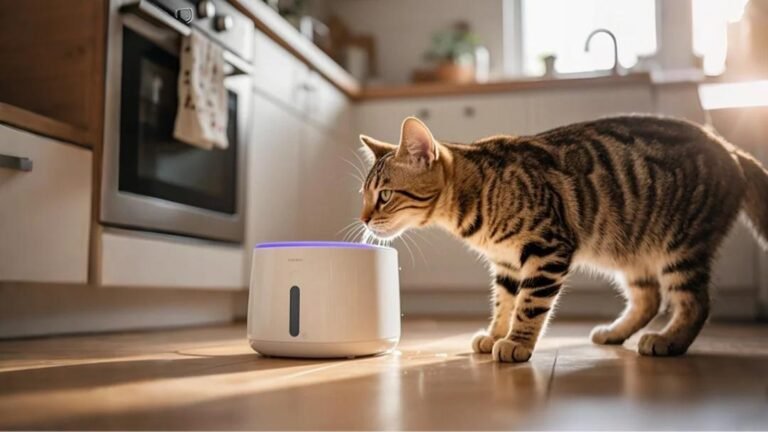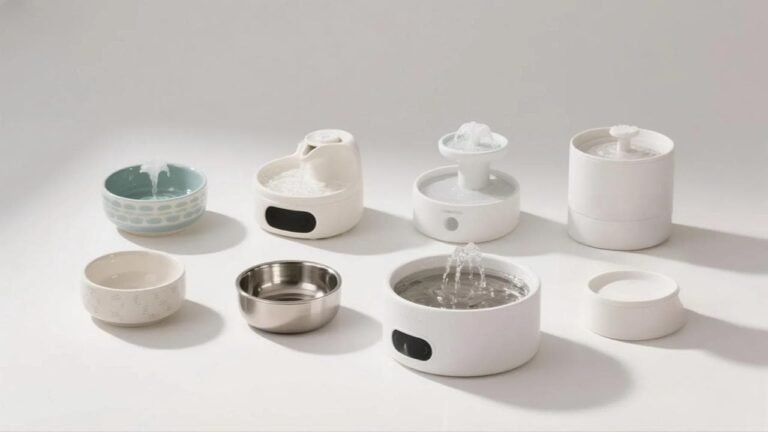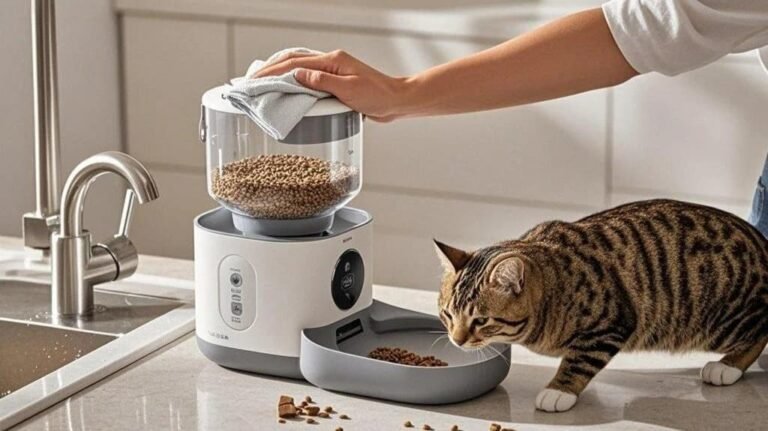Spoiler: It’s Not Just About Convenience Anymore!
The New Frontier of Preventative Pet Care
Dr. Sarah Lin, DVM: “70% of early-stage pet health issues can be detected through smart device data patterns – if owners know what to watch for.”
- Smart Feeders: Beyond Scheduled Meals
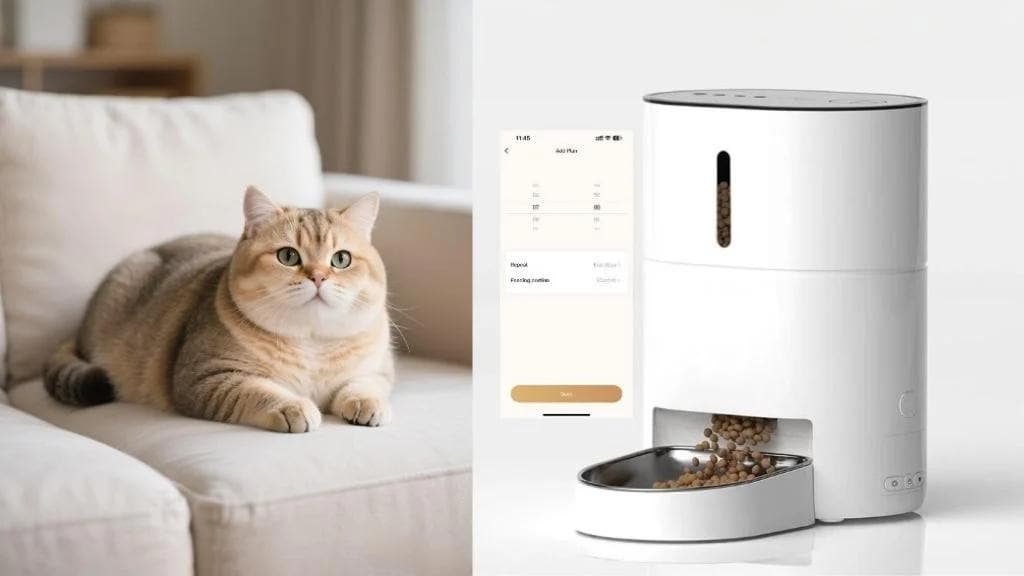
Health Wins:
- Obesity prevention: 0.1g accuracy reduces overfeeding risks (study: JAVMA)
- Early detection: Sudden appetite changes flagging 12+ illnesses
- PetDopa Insight: Their sealed hopper design reduces food oxidation by 40%
- Water Dispensers: The Silent UTI Fighters
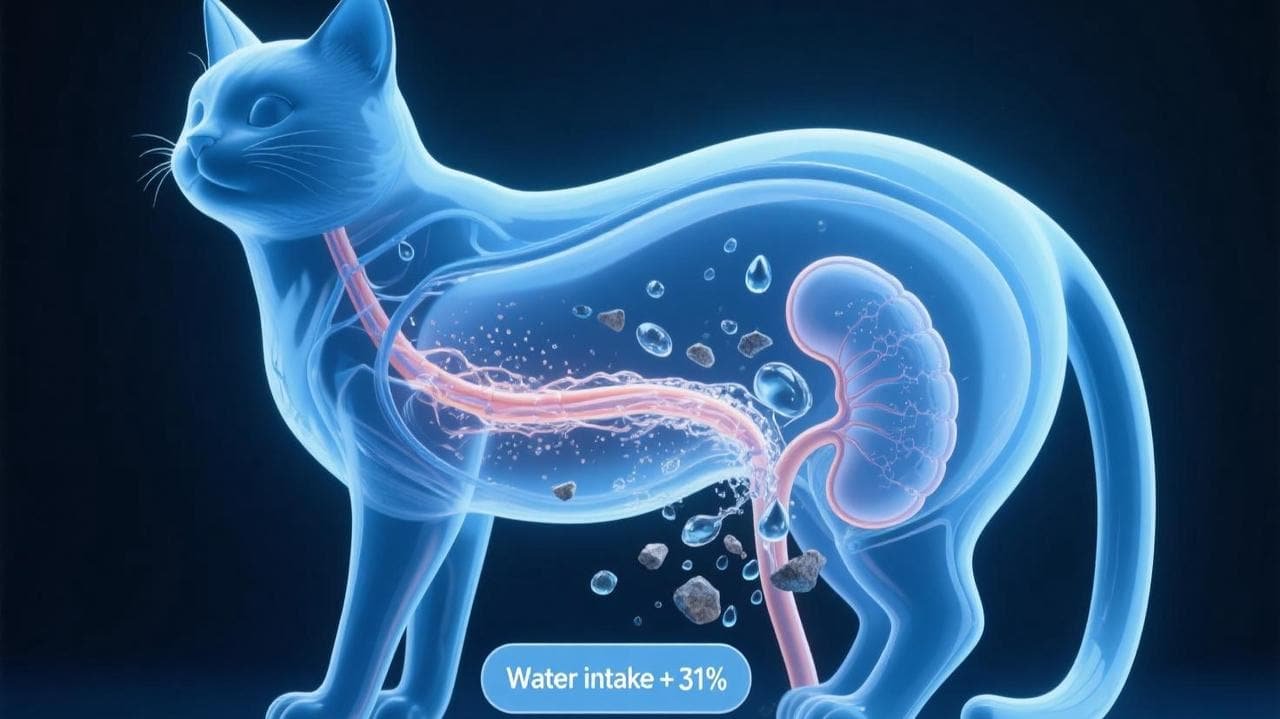
Vet-Verified Benefits:
- Circulating water increases intake by 35% (cat study)
- Filter alerts prevent bacterial contamination
- Smart Litter Boxes: Poop as Data Points
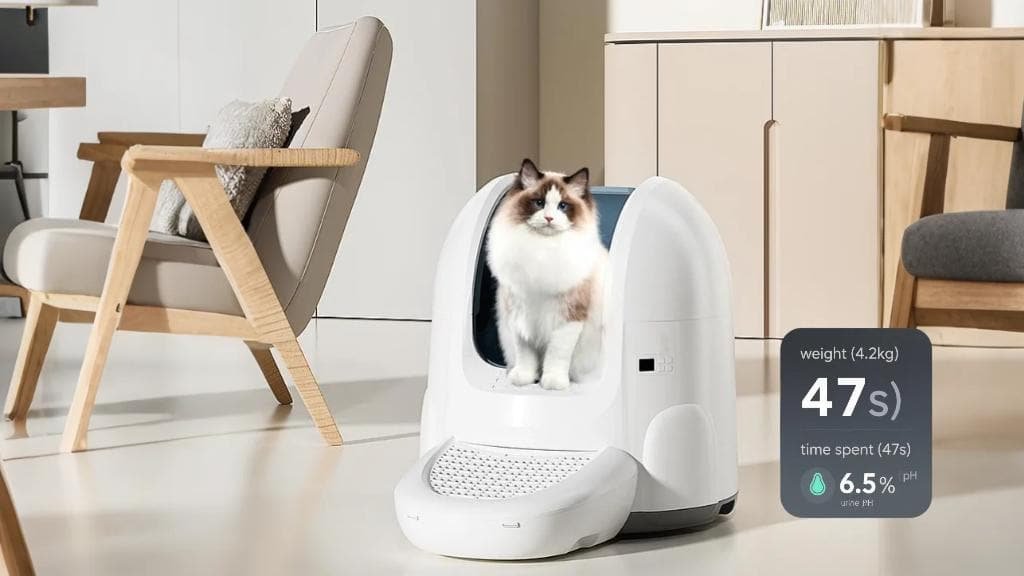
Early Warning System: ✓ 24/7 Usage Logs: Tracks entry frequency/duration (sudden changes = early illness clues) ✓ Weight Sensors: Detects significant weight fluctuations (constipation/diarrhea alerts, ±5% = vet visit) ✓ Auto-Snap: Captures stool photos for visual comparisons
Pro Tip: Pair with 24/7 live cam to monitor straining behavior – 67% of blockages show physical signs first. (Feline Health Journal).
- Grooming Tech: More Than Just Fluff
Health-Focused Innovations:
- Smart dryers prevent chills: Auto-adjusting temps (38-40°C) cut drying time by 60% vs manual methods
- Hands-free designs: Neck-mounted units free one hand to soothe pets (reduces stress-induced shedding by 41%)
- UV detection: 365nm wavelength exposes ringworm (green glow) and dermatitis (orange patches) early
Pro Tip: Prioritize dryers with <65dB noiseand UV inspection lights – dual protection against stress and hidden skin issues.
- Trackers: Beyond “Where’s Fluffy?”
Behavioral Health Clues:
- Nighttime pacing → arthritis pain
- Reduced roaming → heart issues
- Licking frequency → allergy tracking
FAQ: Your Top Concerns Addressed
Q: Can tech replace vet visits?A: “These are early detection tools, not diagnostics. Bring your device data to appointments.” – Dr. Lin
Q: Stressed by gadgets?A: Introduce slowly – cats need 2-4 weeks to adapt to auto-feeders
Q: Worth the cost?A: Preventative care saves 60% on chronic disease costs (Pet Health Alliance report)

